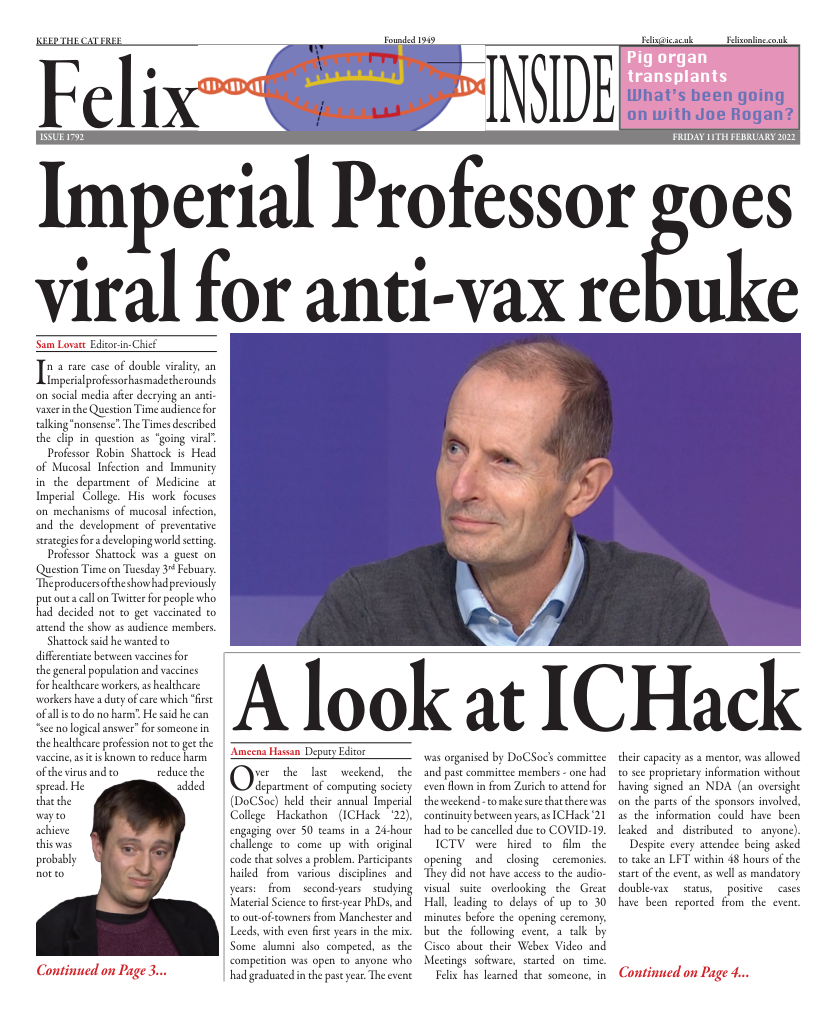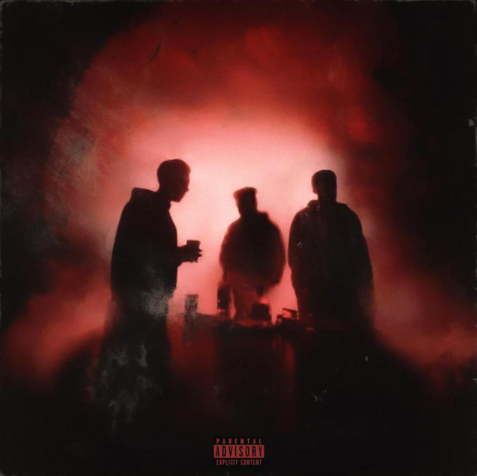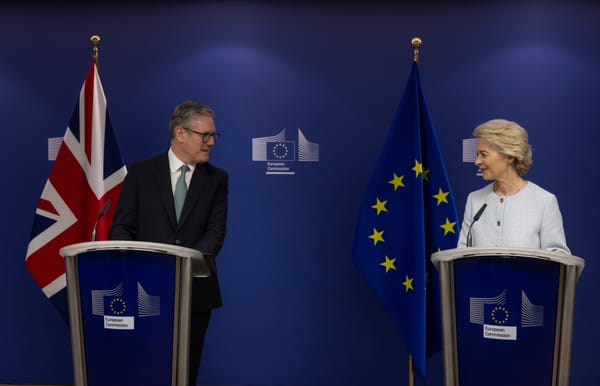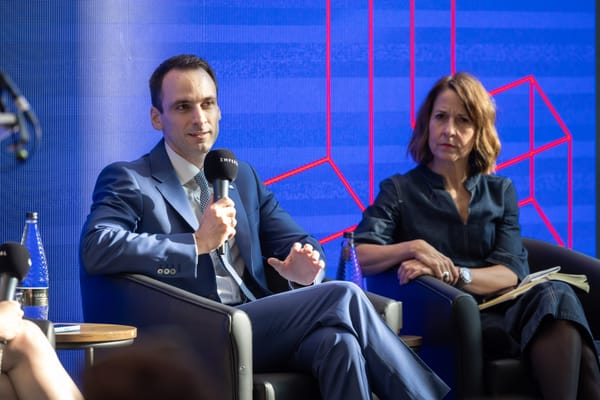Unpacking the Spotify Mutiny: What on Earth is Going On With Neil Young and Joe Rogan?
When Neil Young removed his music from Spotify due to allegations that Joe Rogan was spreading vaccine disinformation on his widely viewed podcast, did he launch a losing battle against the music-streaming platform?
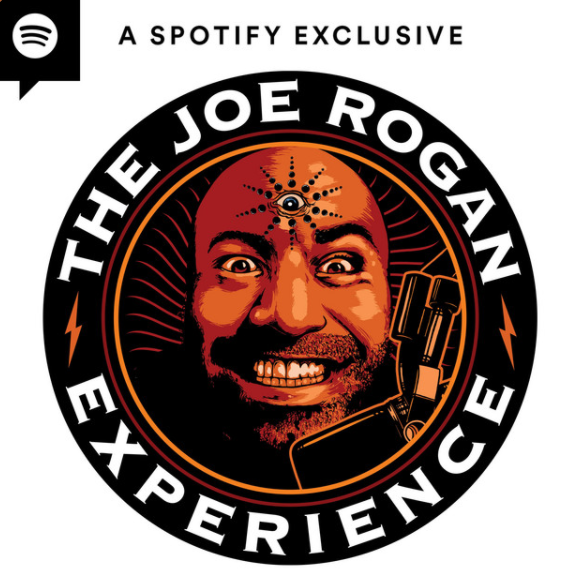
Neil Young released a statement in January criticising Spotify for “unfactual, misleading and false COVID information” that the platform has hosted unchecked, particularly pointing at content produced by podcaster and comedian, Joe Rogan. Rogan interviews a variety of people on his show with the intention of learning more about the world around him – a stance he has made very clear. That means that in conversation with “specialists” (who have been criticised by the scientific community), he was able to comfortably make statements about the nature of the COVID-19 vaccine. Not only has he stated that young, healthy people should avoid getting jabbed, but that the vaccine is actually “gene therapy”. “The Joe Rogan Experience” reels in 12 million views a month and is tied to Spotify with an exclusive $100 million licensing deal. Despite Rogan’s obvious monetary leverage, Young posed an ultimatum to Spotify, “they can have either Rogan or Young. Not both.” This rebellion has since snowballed for a variety of reasons, supported by both musicians, like Joni Mitchell, Nils Lofgren, and Mary Trump, and content-producers. However, it raises a few questions about censorship, creative rights, and the nature of the streaming era.
Of all that remains on Spotify of the late 60s folk rock bands, CSN (Crosby, Stills & Nash) and CSNY (Crosby, Stills, Nash & Young), are a few live albums that I doubt anyone pays much attention to. However, David Crosby has specifically received backlash for supporting Young because he sold his entire catalogue to Iconic Artists’ Group over a year ago, limiting the actual agency he has over his music. As a result, he and his ex- bandmates have been criticised for their 60s’ pseudo-revolutionary “hippy” outlook that says much more than it does. While the impact of late 60s rock on protesting the Vietnam War is hard to quantify, who better to start a revolt against Spotify than Neil Young and his grumpy flower power companions? They hit the peak of their success decades earlier and their biggest fans tend to have their music on vinyl or CD, making them, arguably, the perfect musicians to start and support a cause against a music streaming service. And while they are definitely not the designated voices of science in our society, it’s painfully obvious that the 270 American doctors and science professionals who wrote an open letter to Spotify criticising misinformation in Rogan’s podcast didn’t gain half the traction Neil Young did.
But that brings us to the next question: is Spotify just a music-streaming service anymore? Many argue that the first step towards it taking responsibility for the content on the platform is simply recognising the fact it is an exclusive content platform – exemplified by “The Joe Rogan Experience”. This changes the role Spotify plays in the content that is available on the website. Despite the fact that Spotify’s CEO, Daniel Ek, has made it incredibly clear that he finds “some of Joe Rogan’s comments incredibly hurtful”, he still wanted to clarify that “they do not represent the values of this company”. This was, of course, still followed by the removal of 113 episodes of the podcast after a video compilation of Rogan using racial slurs went viral.
However, this rebellion against Spotify has its own consequences: we’re one step closer to validating cancel culture. Artists like India.arie have decided to remove their content from Spotify not only to counter vaccine misinformation, but because they have a very particular bone to pick with Joe Rogan – his racial insensitivity. A mind-numbing conversation resurfaced between Joe Rogan and an interviewee about why Black people are called “black” despite not actually being “black”, adding fuel to the fire. But despite how despicable it is, is it really wise for criticism to accumulate and then fall on an entertainer all at once, or perhaps steadily make itself known to the entertainer? Daniel Ek also agrees that there isn’t much use “silencing” Joe Rogan and that “cancelling voices is a slippery slope”, instead emphasising the need to have “clear lines around content”. Spotify has since added a content advisory to podcast episodes that discuss COVID-19 so that users can be redirected to a verified resource. Of course, this makes sense if users actively decide to click on it and ignore the statements of a podcaster they listen to so fervently.
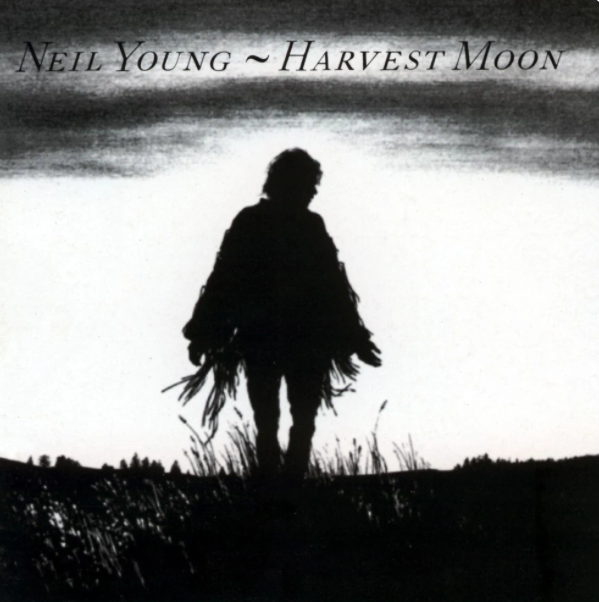
While Joe Rogan was the reason behind the controversy, the recent musical exodus from Spotify was helped in large part by Spotify itself. Artists like Failure have taken the opportunity to call Spotify out on their “draconian royalty calculation which gives artists a microscopic fraction of money being generated on their platform”. A lot of this money, in fact, probably went into that enviable $100 million licensing deal with Rogan. In case you might be wondering “if not Spotify, then what?”, then you’re asking a difficult question in the wrong era. Music streaming platforms have made music accessible and cheap, which also means that some artists can barely buy a cup of coffee from their earnings. The ethically-sound solution would be to purchase high-quality downloadable music from platforms like Bandcamp, but realistically, very few people would be willing to do that.
While this rekindles the peripheral debate on censorship, one has to give a thought to the measures that need to be taken to separate opinion and scientific fact. Influencers often feel the need to hold an opinion about everything under the sun, even if it’s half- informed, or in this case, completely unqualified. Regardless, we must reorient our approach to these commentators and perhaps shift our focus to the platforms or algorithms that are purveyors of this kind of entertainment.


